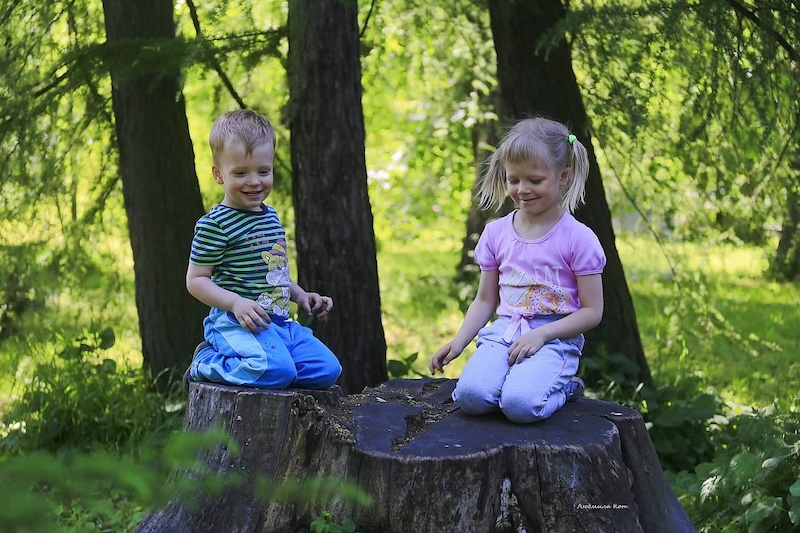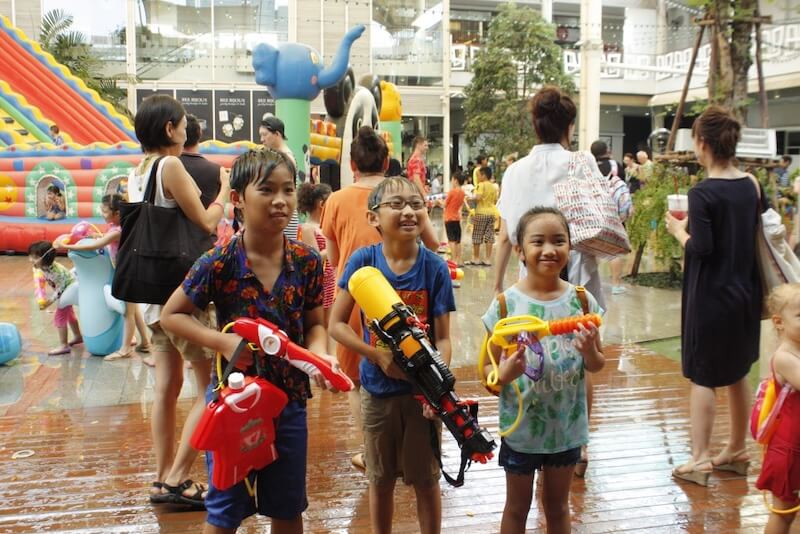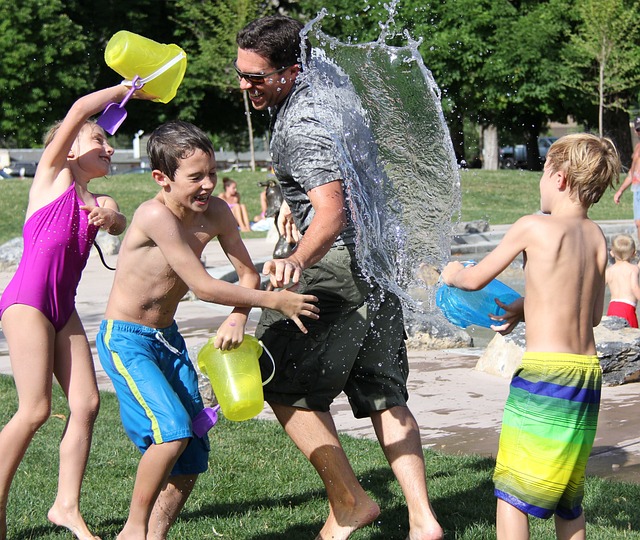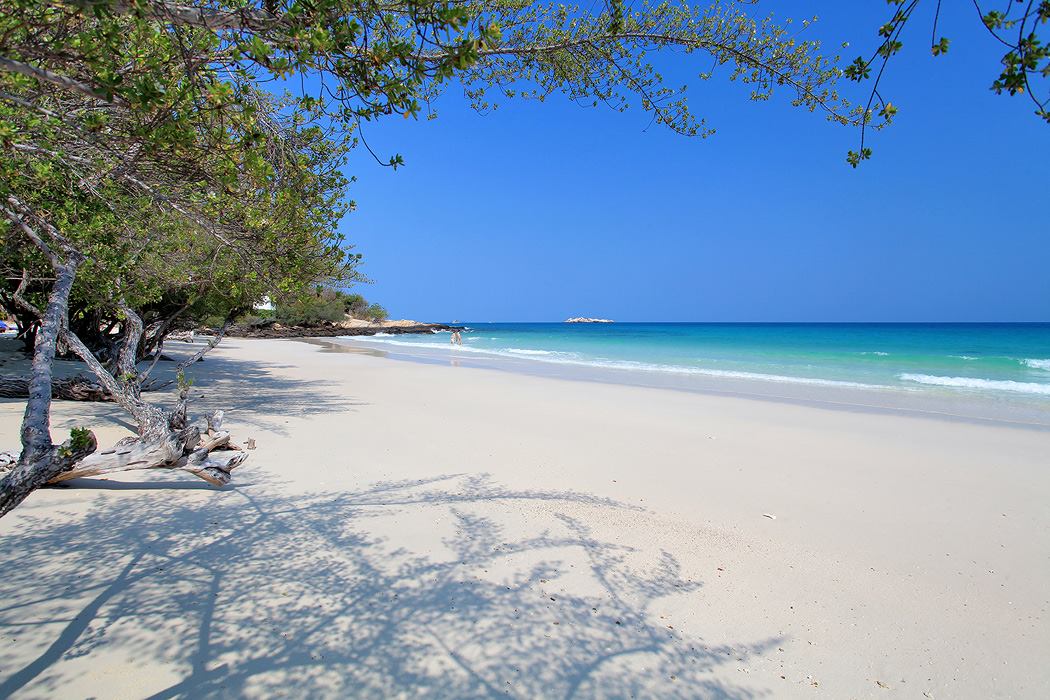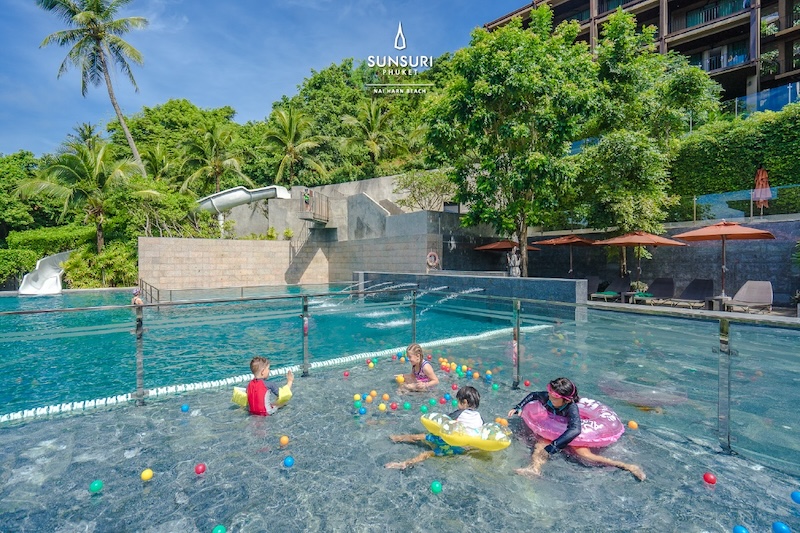Research now confirms what forest school educators have known all along; that kids are stimulated by being surrounded by nature and the positive effects that learning outdoors has on their early childhood development. The benefits of this unique style of education are endless and include, increased confidence, problem solving abilities, critical thinking skills in relation to risk assessment and most importantly, their emotional well-being.
In our modern world, kids are bound by a system of targets and assessments. Forest Schools that originated in Denmark offer educational programmes which are different from any other teaching system in that they place the child at the centre of everything they do as a model for progressive education. They are a form of outdoor education that is particularly associated with the early years where young children spend time outside in the forest or natural outdoor settings. They have the knowledge and experience to transform the lives of children by re-engaging their deepest inner instincts with our living planet.
What Will My Child Learn at Forest Schools?
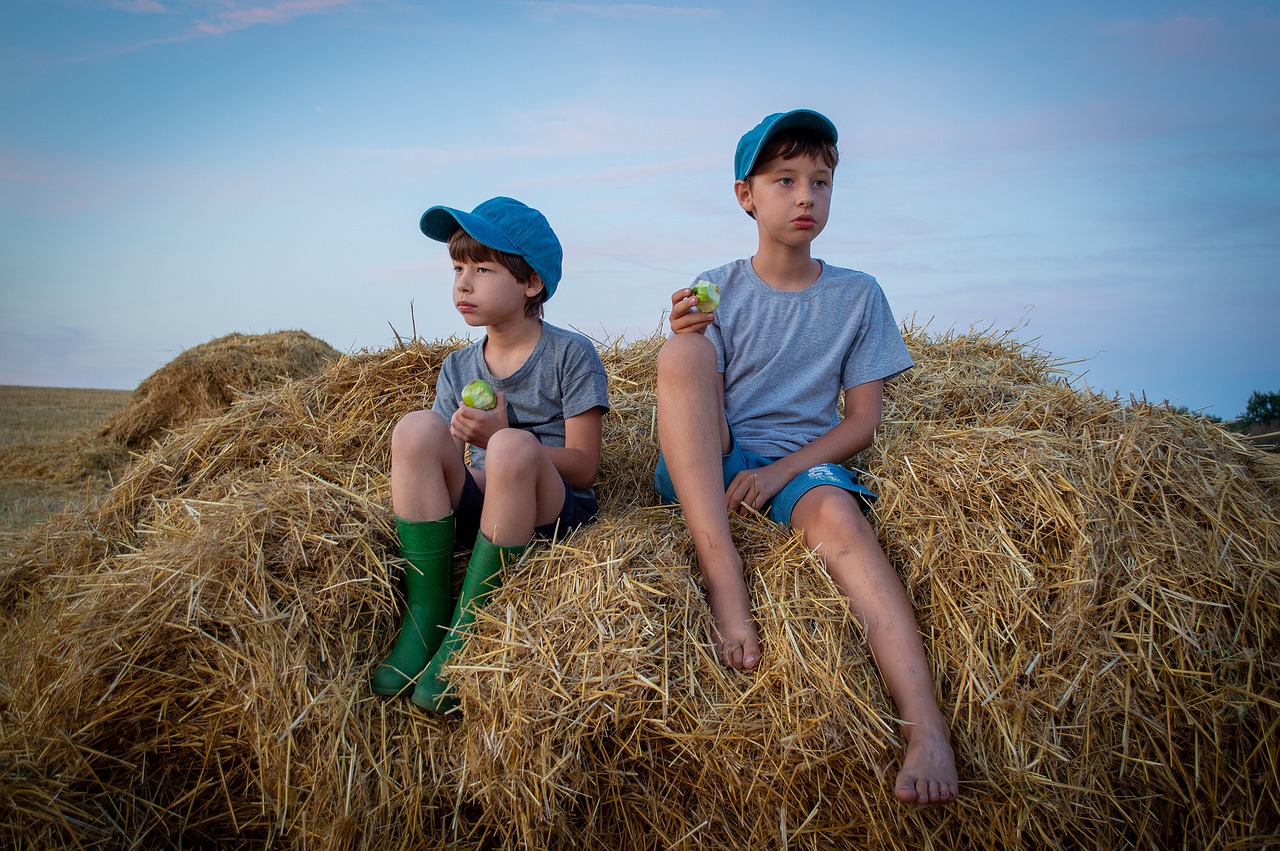
Forest schooling is an outdoor education model in which students visit natural spaces to learn personal, social, technical skills and how to manage risks in an outdoor setting. The core of the program reflects an inspirational process that offers all learners regular opportunities to achieve and develop confidence and self-esteem through hands-on learning experiences in a woodland or natural environment with trees. Forest schools seek to encourage, motivate, engage and inspire children in a nature filled environment.
“Growing research has been showing the importance of play outside the classroom; in a purposeful and challenging environment, this provides essential learning opportunities for children,” explains Parityada Punthapong, Co-founder and Director of Outdoor School Bangkok. “Parents or caregivers can deny children the opportunity for learning and development in outdoor play, replacing it with the fear of what might go wrong. For some children this can create risks itself, with children making the wrong decisions as a result of insufficient experience of managing risk.”
Some of the activities offered at Bangkok Forest include natural and open-ended resources, sensory play, den building, pond dipping, bug hunting as well as a variety of art and craft activities, singing and story time.
What Skills Will My Child Develop?
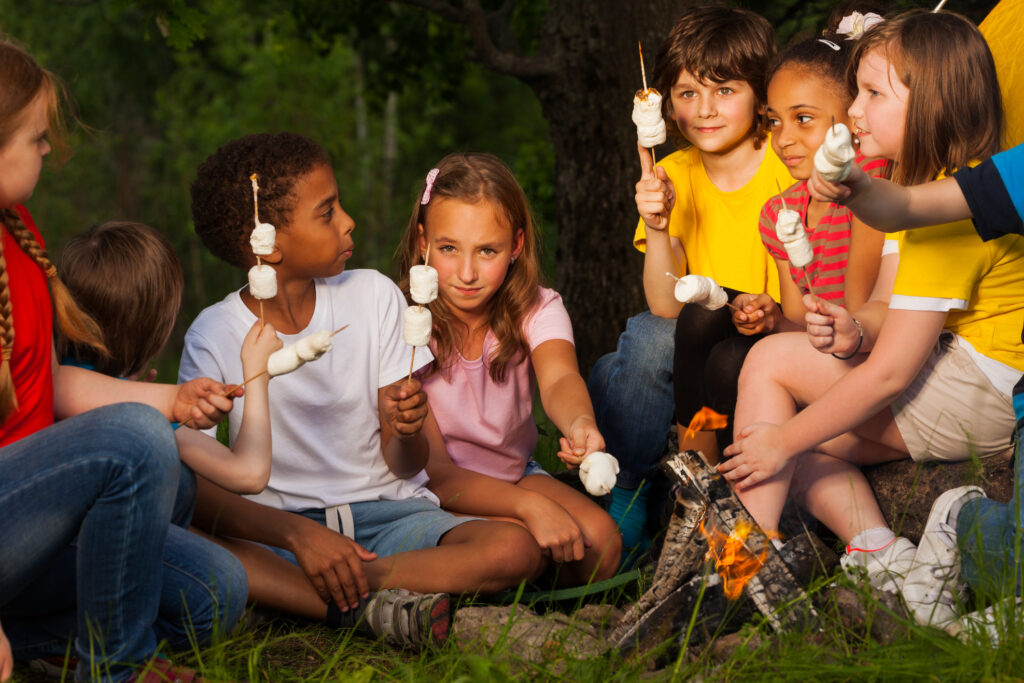
The forest school philosophy is not to eliminate risks children take but to learn to minimise risks as some levels of risk are important for child development. Risks improve and develop confidence and when children are exposed to new and unique challenges in natural outdoor environments it help to expand their horizons. The more children learn to take risks, the more skills they develop to evaluate risky situations. Forest schools which are mainly based outdoors encourage physical activity and exercise which then becomes accepted as a natural part of everyday activities.
Whilst some educational specialists express concern over outdoor learning in all weather conditions, forest school students learn that they can play through any weather conditions and that life and the environment is a delicate balance of seasons. This encourages them to develop a sense of resilience and the importance of concepts like protecting natural habitats and taking climate change seriously. Naturally teachers always put the safety of the students first and extreme conditions like high winds which could cause injury are assessed and then avoided where necessary.
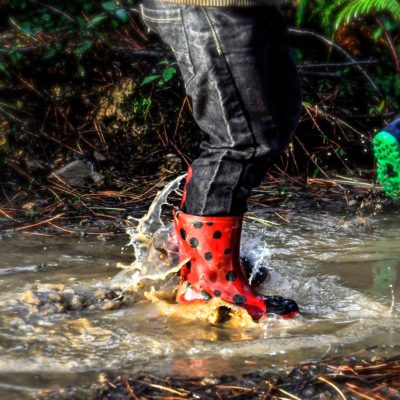
As learning is play based and child initiated, the learning encourages creativity, spontaneity and authentic peer communication skills where each child can experience being a leader in their own unique experiences. As students spend so much of their day outside they learn to navigate fires, sticks and safety around knives and subsequently become competent with these dangers early on. They learn how to cook and forage, the importance of the balance of eco systems and food chains and to become reflective learners by trail and error in safe natural settings where learning occurs in context.
As forest schools are expanding globally it has changed to match the contexts of different countries, a forest school in Thailand will look very different from similar schools in Australia and each school will have a strong emphasis on connecting to their homeland.
For parents who want their children to grow up amongst nature with an uncorrupted and technology free life, these schools offer a great start to early years education, which will encourage a life long connection to nature.




